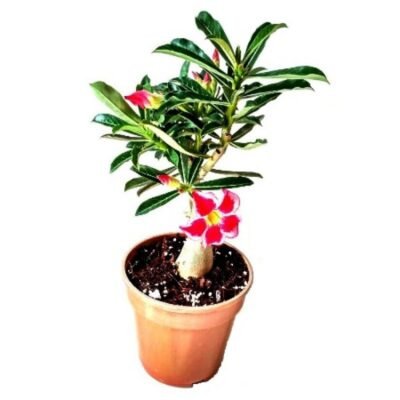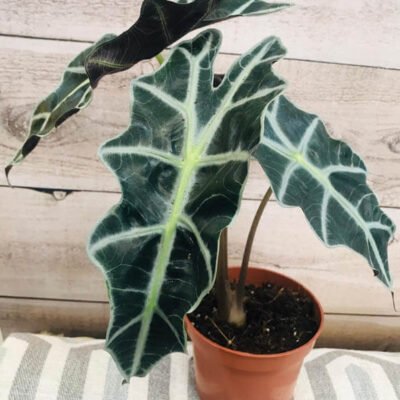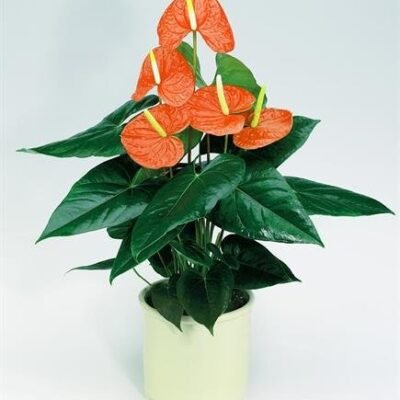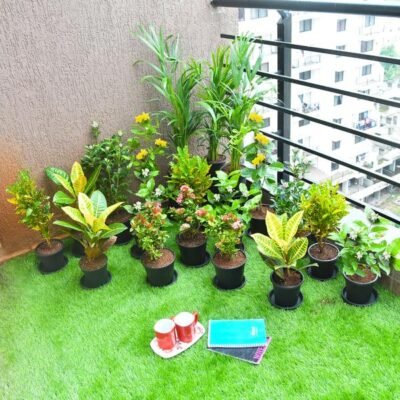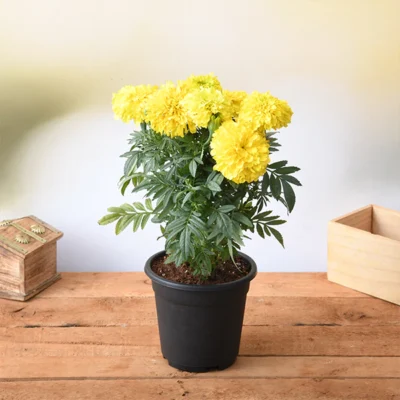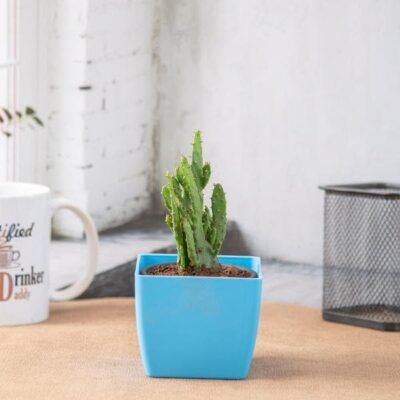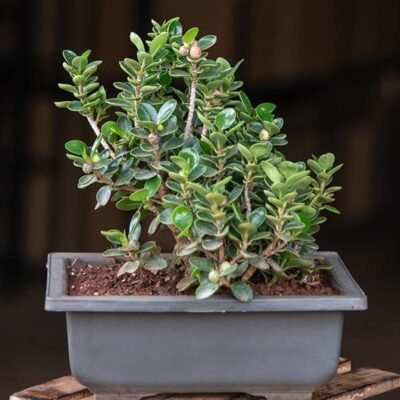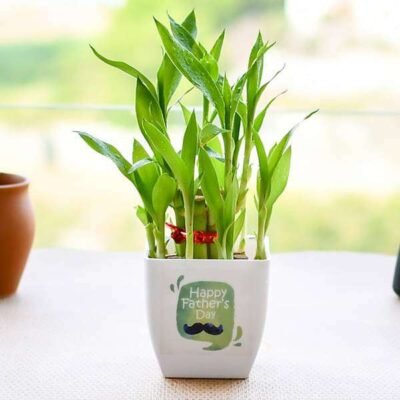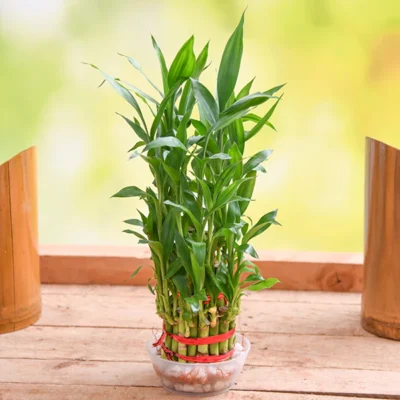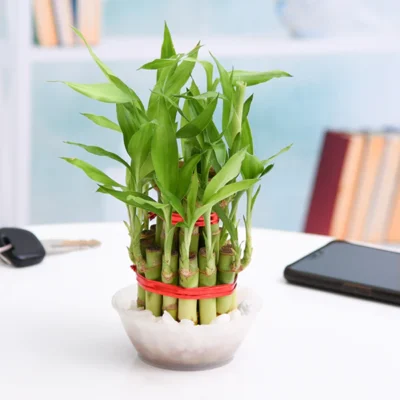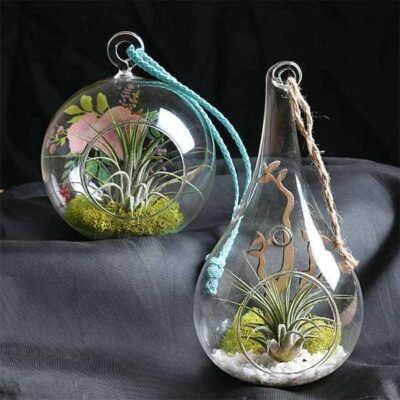You are Here:
Home / Plants / Plants by Type / Herb Plants
Herb Plants
[cat_short_description]
Filter by Price
Categories
This Week’s Top Rated
-
 Adenium Baby Pink (Grafted) - Adenium obesum, Desert Rose Plant
Rated 4.50 out of 5
Adenium Baby Pink (Grafted) - Adenium obesum, Desert Rose Plant
Rated 4.50 out of 5₹589.00₹500.00 -
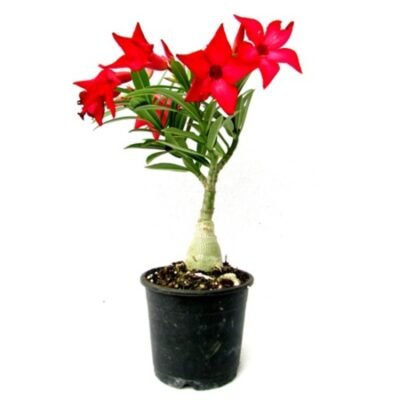 Adenium Red (Grafted) - Adenium Serene Rose, Adenium Obesum, Desert Rose Plant
Rated 3.00 out of 5
Adenium Red (Grafted) - Adenium Serene Rose, Adenium Obesum, Desert Rose Plant
Rated 3.00 out of 5₹429.00₹400.00 -
 Miniature Rose, Button Rose (Pink)
Rated 0 out of 5₹300.00
Miniature Rose, Button Rose (Pink)
Rated 0 out of 5₹300.00
Showing all 10 results
-
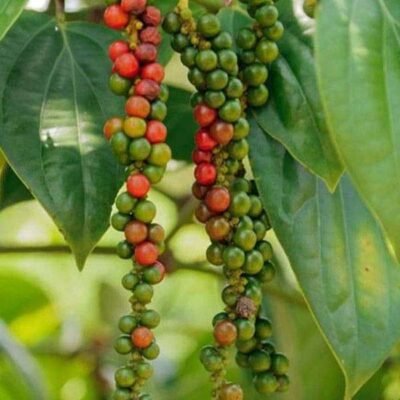 Add to cart
Add to cart - The vines should be trained when still young, so tie or simply weave them between the trellis pieces.
- It is excellent to grow under trees because they offer shade and require no additional ventilation for planting.
- Apply manure and leaf mulch.
- Shoots should be pruned twice a year for best results.
Quick View -
 Add to cart
Add to cart - The plant is employed as a decorative element.
- The spice includes essential oils that are good for your health.
Quick View -
 Add to cart
Add to cart - A potted cinnamon plant can flourish for years with no extra maintenance as long as the soil is maintained just slightly dry.
- By constantly pruning, you can keep the plants as short as 3 feet, or you can eventually re pot them into a 12- to 14-inch container and let them grow up to 8 feet tall.
Quick View -
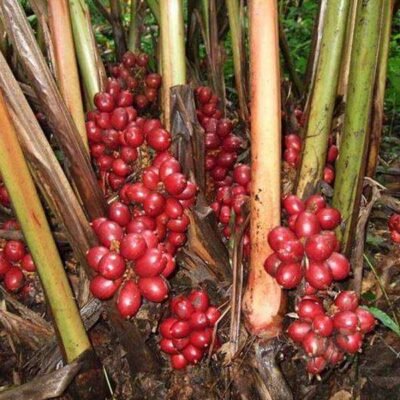 Add to cart
Add to cart - Capsules are the name for cardamom fruits.
- The plant’s seeds, which are really utilized as spices, are contained inside the fruits.
- Cardamom leaves can be used to brew tea and, when rubbed, release an aroma.
Quick View -
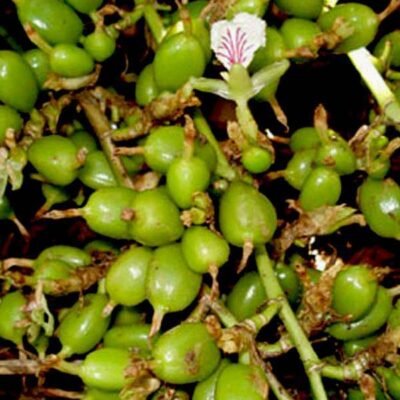 Add to cart
Add to cart - The tiny seeds should be placed shallowly beneath the soil’s surface in a light yet rich beginning medium.
- Cardamom can’t stand droughts and needs a constant supply of moisture.
- It should be carefully maintained and kept humid if growing in a greenhouse.
- Although cardamom cannot tolerate cold, it should be stored in an area with long stretches of partially obscured sunlight.
Quick View -
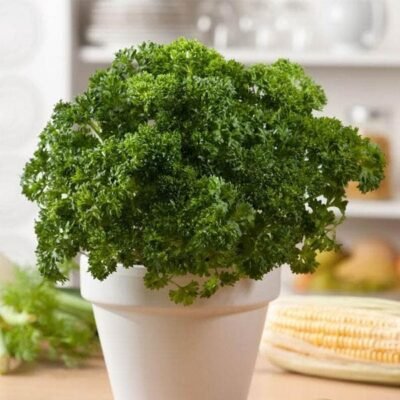 Add to cart
Add to cart - Compared to an orange, parsley has a higher vitamin C concentration.
- It is rich in calcium, iron, vitamin A, and numerous B vitamins.
- Because of its high chlorophyll content, parsley naturally freshens breath.
Quick View -
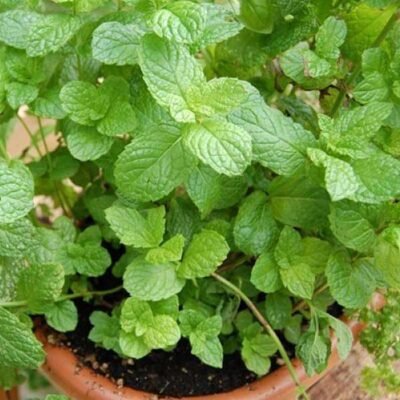 Add to cart
Add to cart - In the spring, fertilize the plants.
- Avoid coming into direct contact with a leaf fertilizer.
- Trim all branches that are broken or otherwise damaged.
- Look out for mealybugs, leaf spots, root rot, and spider mites.
Quick View -
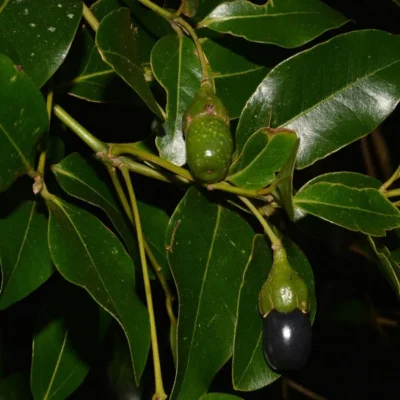 Add to cart
Add to cart - When the tree is young and there are dry spells, water it twice a week and occasionally spritz it with a light hose spray.
- Humidity is ideal for the growth of cinnamon trees.
Quick View -
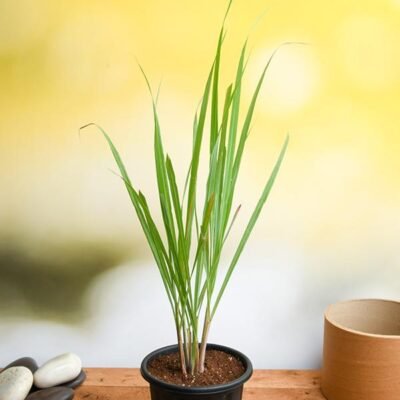 Add to cart
Add to cart - Lemon grass is a fragrant herb that is increasingly utilized in teas, beverages, herbal remedies, and soups and other recipes with an Asian influence.
- The clumps of this grass can reach a height of 6 feet and a width of about 4 feet, but they are typically much smaller.
Quick View -
 Add to cart
Add to cart - Maintain the plant in bright, indirect natural light.
- Check the moisture in the soil by poking it with your finger or a simple little stick.
- When the top 1-2 inches of soil feel dry to the touch, water.
- After receiving it, wait at least two weeks before re potting.
Quick ViewAll Season PlantsKrishna Tulsi Plant, Holy Basil, Ocimum Tenuiflorum (Black) Plant
Rated 0 out of 5₹249.00 Add to cart
Read more about
Herb Plants
[cat_description]



